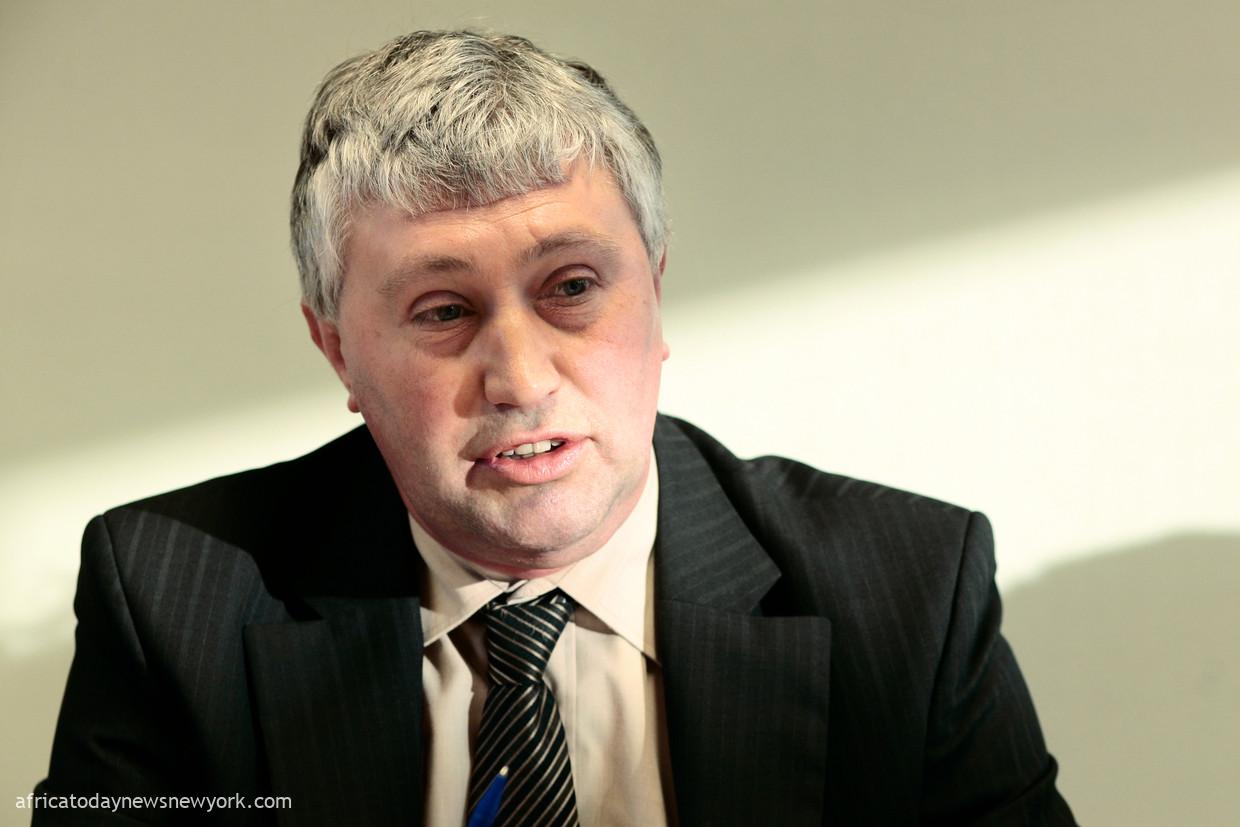Mr Freddy Roosemont who is the Director General of the Immigration Office of Belgium has disclosed that approximately 30 per cent of Nigerian migrants seeking asylum in the country are from Edo State.
Roosemont revealed this yesterday in Benin City during a press conference organised by the Immigration Office of the Kingdom of Belgium.
According to him no fewer than 20 per cent of asylum seekers in the European country are from Lagos State, expressing concern over the development.
Roosemont maintained that the development tarnishes the image of Nigeria and those involved.
“We have noticed that more and more Nigerians are seeking asylum in Belgium. In 2022, about 370 Nigerians sought asylum, while in 2023, about 360 also requested asylum,” Roosemont said.
Read Also: Two Confirmed Dead In Light Aircraft Crash In Belgium
“Thirty per cent are from Edo, 20 per cent from Lagos, while the remaining 50 per cent are from other states in Nigeria,” he added.
Roosemont further urged Nigerians against falling victim to human traffickers with false promises of employment in Belgium, stating that the Belgian job market is already saturated.
He assured that the Belgian government supports legal migration and mentioned that about 5,000 Nigerians are living legally in the country.
Meanwhile, no fewer than 6,618 migrants died or vanished while making an attempt to reach Spain by sea in 2023, when record numbers headed for the Canary Islands, a migrants rights group has claimed.
This “shameful” figure is almost three times the number recorded in the previous year — 2,390 — and the highest since charity Caminando Fronteras, or Walking Borders, began keeping a tally in 2007, its coordinator, Helena Maleno, told a news conference.
The total includes 384 children, according to the organisation, which compiles its figures from families of migrants who died or went missing and from official rescue statistics.
Maleno blamed the rise in migrant deaths and disappearances last year on a lack of resources for rescuers.

